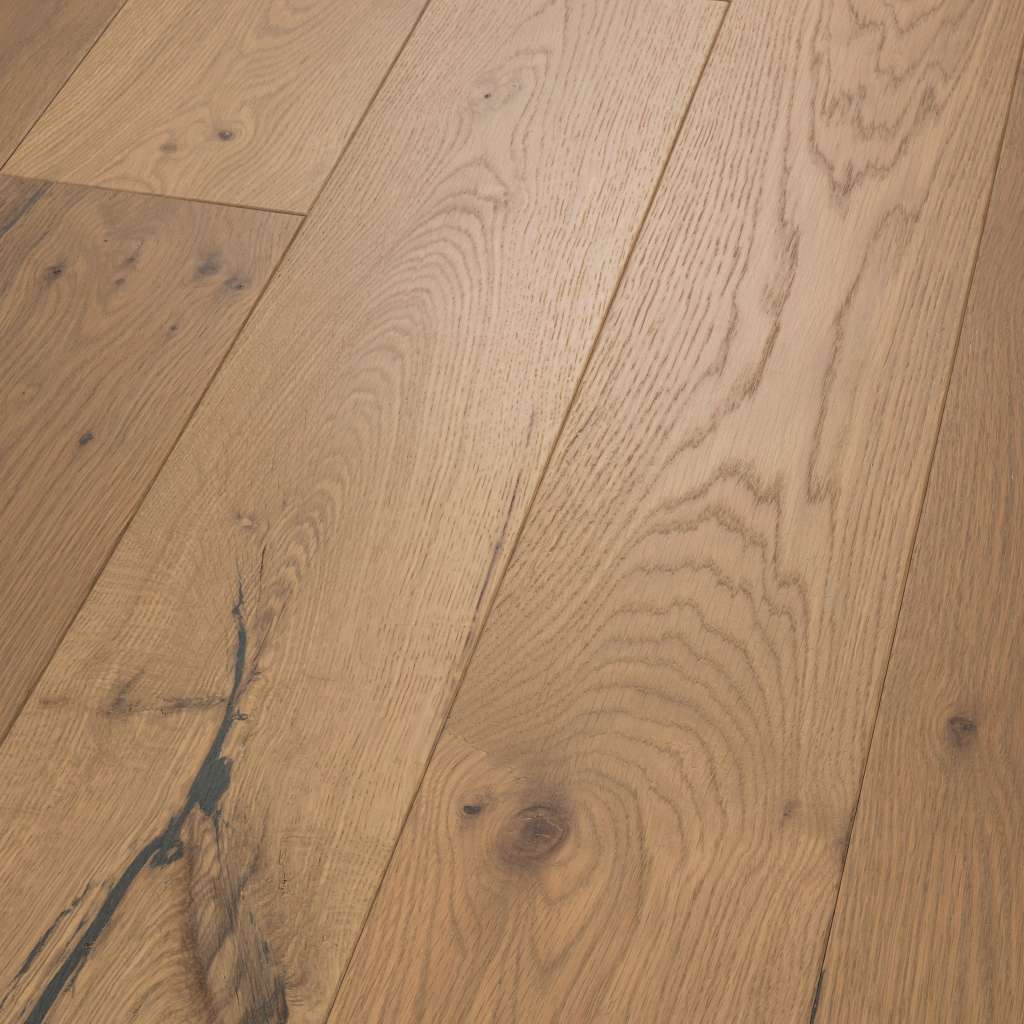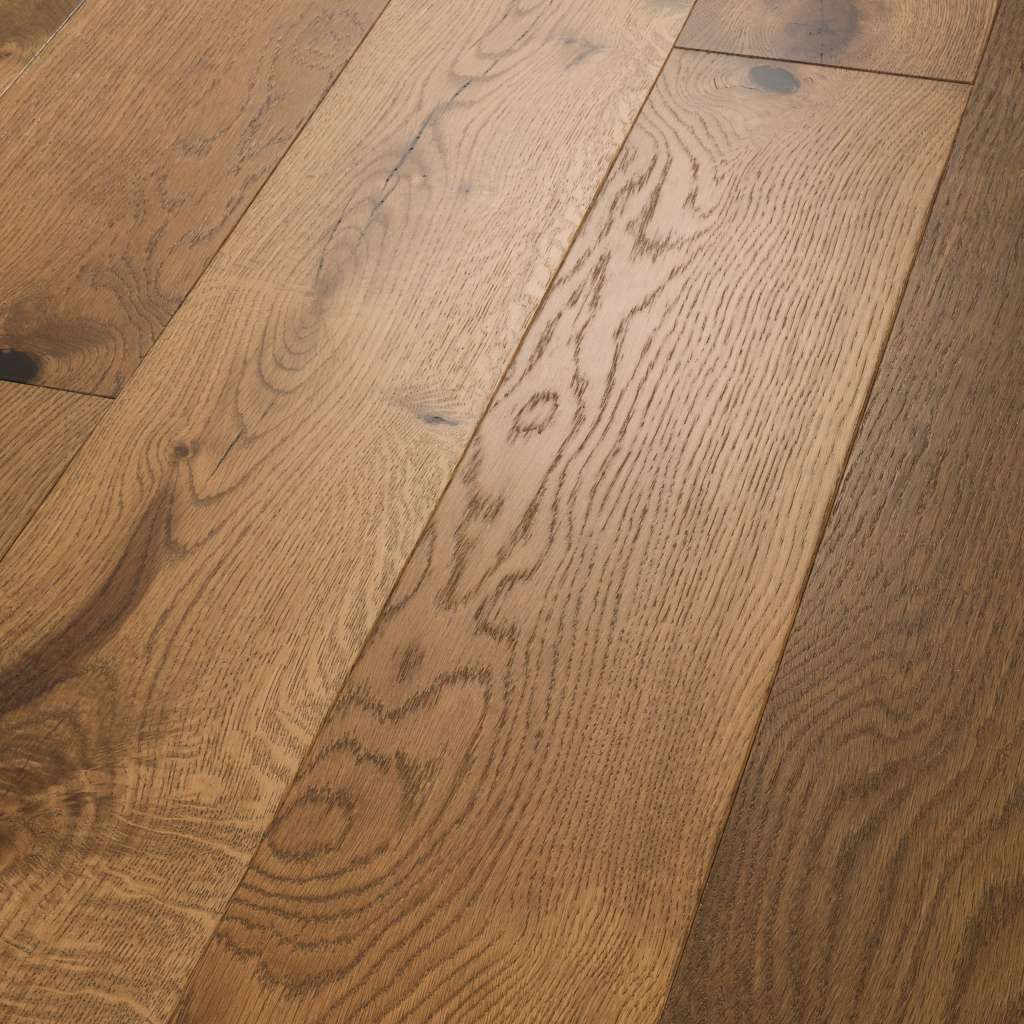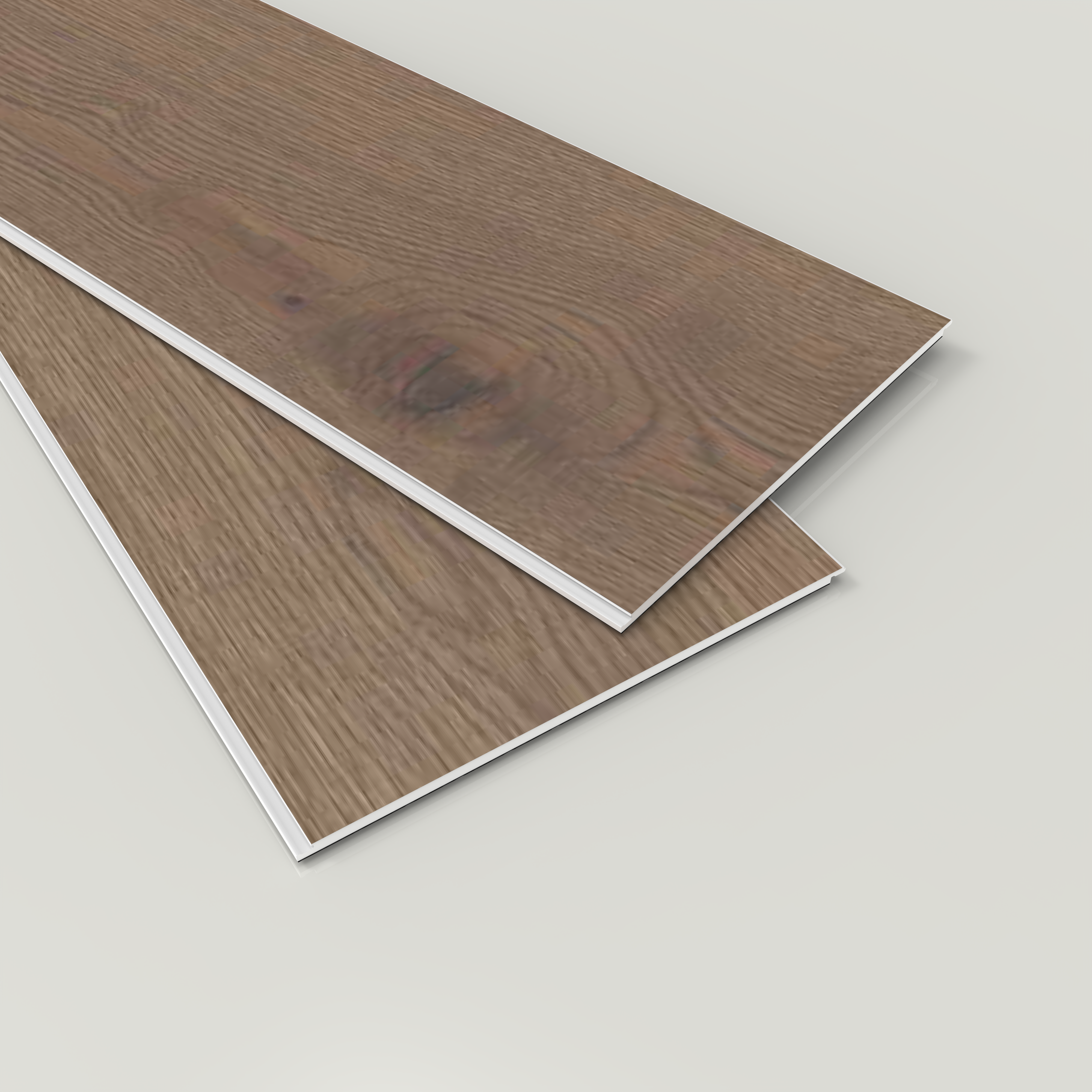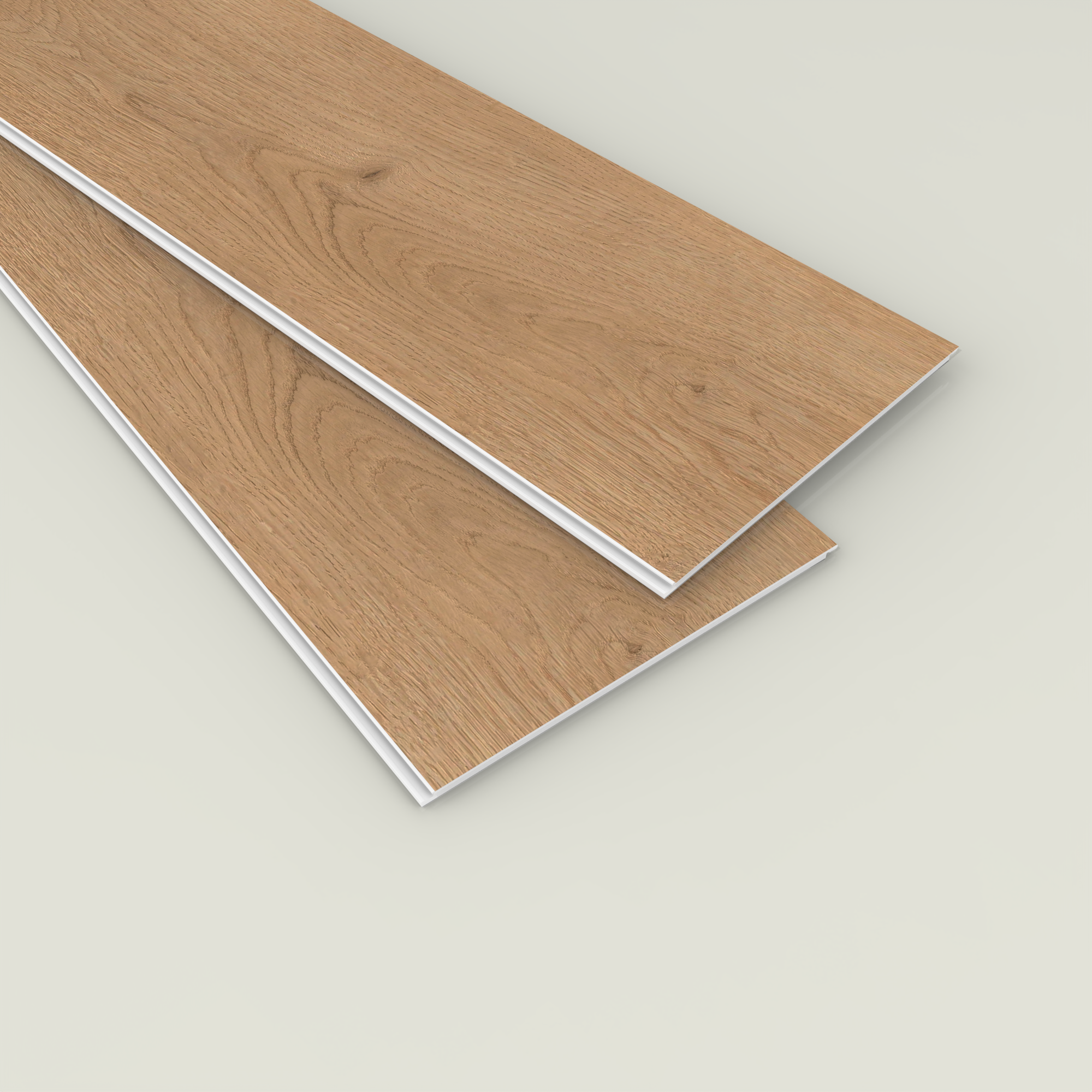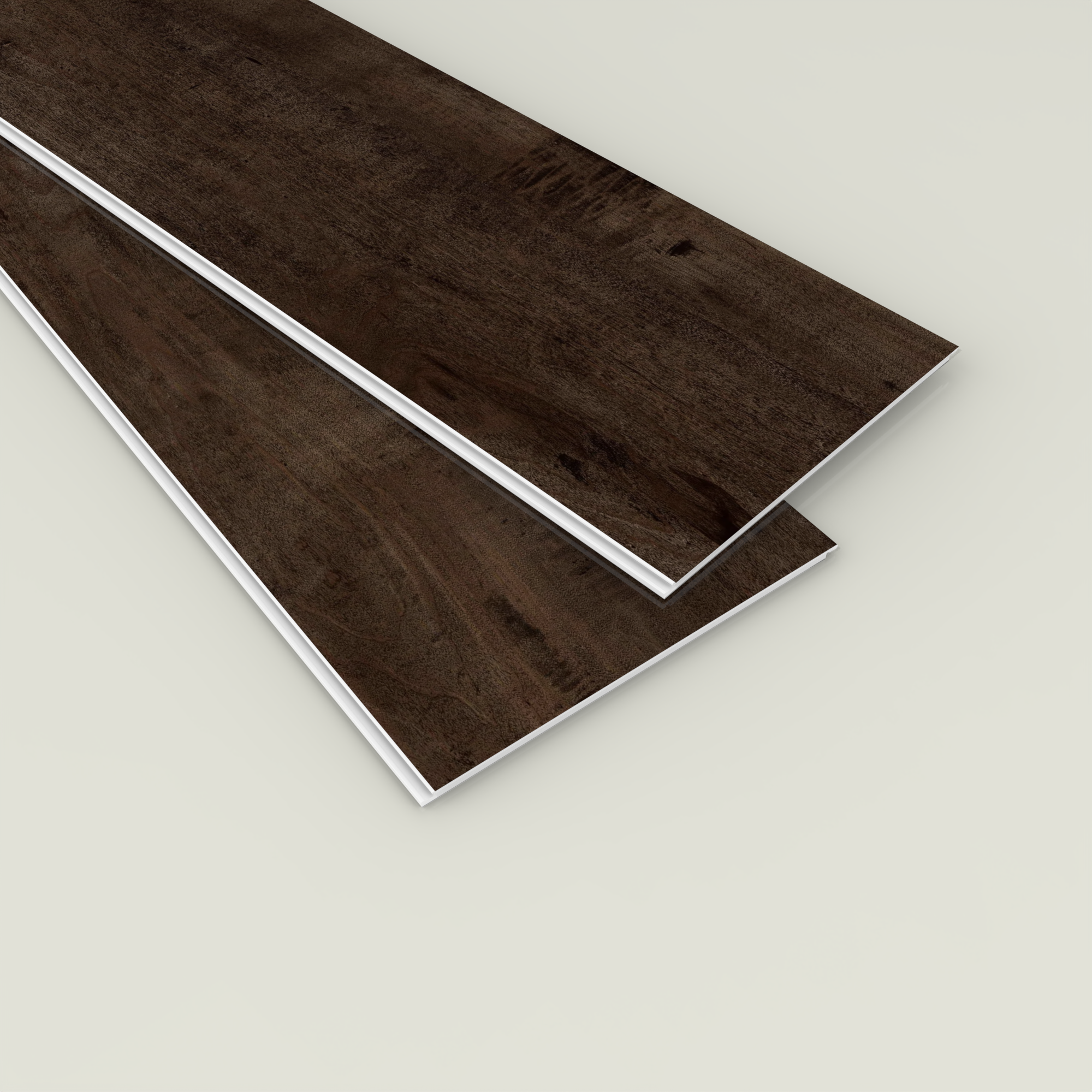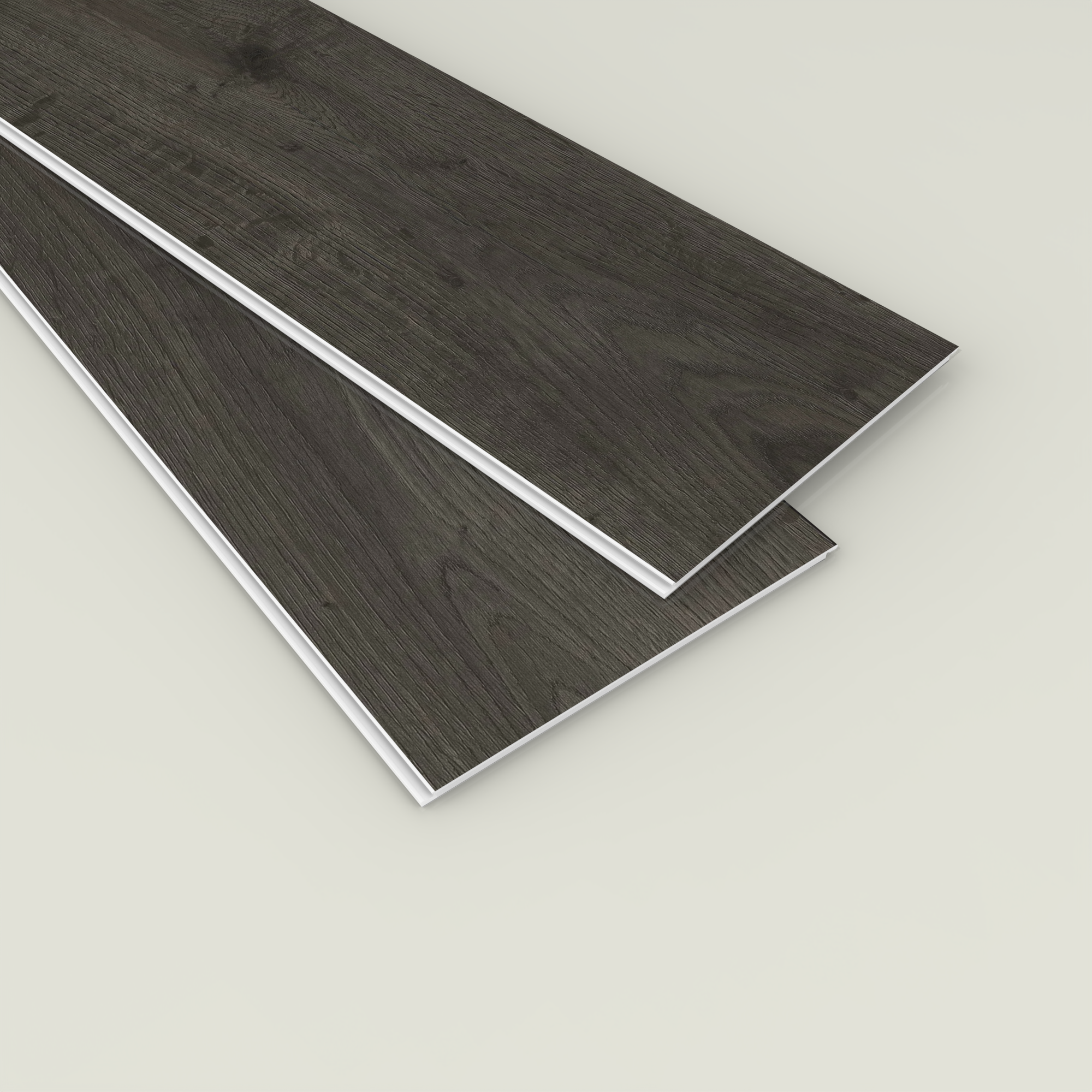Choosing between engineered hardwood versus LVP flooring is the most confusing aspect when one decides to update their floors. The two have specific benefits, so there is bound to be an ideal choice depending on what best fits your lifestyle and budget or maybe even personal taste. Some of the basic differences could be helpful in the decision-making process.
Here is the most comprehensive contrast between engineered hardwood vs. LVP flooring on costs, durability, aesthetics, and more points. Let's first conclude which would be suitable in the given space.
What is Engineered Hardwood?

Engineered hardwood floor is built from several layers of wood. The top layer, or the veneer, is a layer of hardwood, and all the middle layers are either plywood or high-density fiberboard. This means it is much more stable than standard hardwood, mostly in spaces with fluctuations in moisture.
What is LVP Flooring?

LVP, or Luxury Vinyl Plank flooring, is a man-made product simulating the look of real wood or stone. It comprises multiple layers, such as the vinyl core, design layer, and wear layer, that shields against damage. Water-resistant and incredibly durable, LVP flooring is excellent for families in constant motion.
Difference Between Engineered Hardwood vs. LVP
When choosing between engineered hardwood vs. LVP flooring, it's essential to understand their distinct features:
1. Core Material:
- Engineered Hardwood: This hardwood type offers solidity and natural beauty as it is manufactured with a veneer of actual hardwood over various layers of plywood.
- LVP Flooring: For further more durability and water resistance, the multi-layered PVC vinyl has included a photographic layer that emulates the pattern of stone or wood.
2. Thickness and Rigidity:
- Engineered Hardwood: Typically ranges from ⅜ to ¾ inches thick, offering a solid feel underfoot.
- LVP Flooring: Generally thinner, around ⅕ to ⅓ inches, with a flexible nature that adapts to subfloor imperfections.
3. Water Resistance:
- Engineered Hardwood: More moisture-resistant than solid hardwood but can still be damaged by excessive water exposure.
- LVP Flooring: Highly water-resistant, making it suitable for moisture-prone areas like kitchens and bathrooms.
4. Sound Absorption:
- Engineered Hardwood: Provides natural sound absorption due to its wood composition, reducing noise transmission.
- LVP Flooring: Offers some sound dampening but may require underlayment for improved acoustic performance.
5. Aesthetics and Style Options
- Engineered hardwood: It has a classic appearance that raises the value of your house, has the natural charm of real wood, and is available in various species, including oak, maple, and walnut.
- LVP Flooring: It complements traditional and modern settings, comes in various colors, patterns, and textures, and realistically prints wood, stone, or tile.
6. Engineered Hardwood vs LVP cost
- Engineered Hardwood: It is cost-effective at $2 to $6 per square foot, with cheaper installation due to its easy application methods.
- LVP Flooring: It is more expensive at $4 to $12 per square foot, with higher installation costs leading to greater overall expenses.
7. Maintenance Requirements
- Engineered Hardwood: Clean using a specialized wood floor cleaner to preserve its surface. Periodic refinishing is required to restore and maintain its original beauty.
- LVP Flooring: Clean the surface with a damp mop and a mild cleaner for easy maintenance. It resists stains and does not require sealing, making upkeep simple.
8. Environmental Impact
- Engineered Hardwood: It is made from natural wood; you can also call it an eco-friendly option, with the FSC-certified sustainable product provided by many manufacturers.
- LVP Flooring: Although some businesses provide recyclable LVP choices, it is less environmentally friendly because it is made of synthetic materials.
Which One to Choose?
While deciding between engineered hardwood flooring vs lvp, consider the exact needs of your space and your lifestyle requirements.
Choose Engineered hardwood Flooring If:
Engineered hardwood is great for those who adore the real warmth and character of wood. The authentic wood veneer brings richness and warmth to bedrooms and living rooms. Still, it needs maintenance as refinishing is a regular activity since it tends to wear off over time. Being a water-damaged material, it should not be applied in damp environments, so it's much more practical for dry rooms than damp ones like the bathroom or kitchen.
Choose LVP Flooring If:
LVP flooring is quite strong and water resistant. It is a scratch- and dent-resistant product because of its synthetic core, making it an ideal option for areas that experience a lot of traffic or have pets and children. LVP is also moisture-resistant, thus perfect for kitchen, bathroom, and basement applications. Also, LVP is a budget-friendly and relatively easy installation, attracting budget-conscious homeowners' attention.
Based on the particular needs of each room, you will know which of the two types of flooring options- engineered hardwood or LVP-better- suits your home, balancing functionality with aesthetics.
Conclusion
What matters most to each individual is LVP vs engineered hardwood, which is authentically made of real wood because of its increased affordability and durability. Select the one that best suits your home's design, lifestyle, and financial constraints.
Both options have strengths and may make your space more practical and beautiful. Whichever you decide, make sure that it suits your needs in a long-lasting and gratifying investment.
Frequently Asked Questions
Q. Is LVP harder than engineered hardwood?
A. LVP is water-resistant, scratch-proof, and more suitable for high-traffic and moisture areas.
Q. What is less expensive?
A. LVP flooring is generally less material-intensive and cheaper to install than engineered hardwood.
Q. Can engineered hardwood be used for kitchens or bathrooms?A. Engineered hardwood can take average moisture, but it will be better suited to rooms with too much water exposure, like bathrooms.
Q. Which flooring is easier to maintain?
A. LVP needs minimal maintenance with simple cleaning, while engineered hardwood requires specialized care and refinishing occasionally.
Q. Does LVP look as good as engineered hardwood?
A. LVP effectively imitates natural wood and stone but fails to offer real engineered hardwood's authentic feel and texture.




